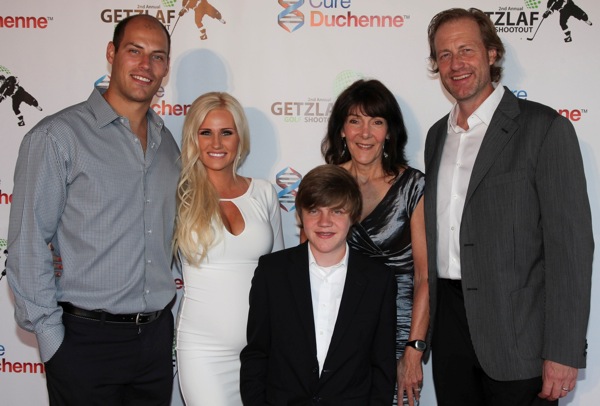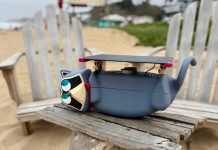
There are many diseases that get a lot of attention and support in the quest for their cures.
Heart disease, breast cancer, diabetes, Alzheimer’s – name an affliction and just about anyone can name the organization dedicated to the issues surrounding it. And because these diseases are most common and affect the most people, they generally receive more money and attention, particularly from pharmaceutical companies.
But what about those rare diseases fewer people suffer from? Those that don’t receive the significant funding or awareness necessary to drive research, help support quality of life and work towards a cure?
Such a disease is Duchenne, a form of muscular dystrophy in children that affects 1 in 3,500 male births. Sadly, boys with Duchenne have historically not survived past their mid-20s, and those that do face being wheelchair bound by age 12 and experience social isolation, as the simplest of tasks become more difficult. Progressive muscle weakness and pulmonary and cardiac failure becomes imminent.
Approximately 20,000 boys in the United States are living with Duchenne ,and more than 300,000 worldwide.
There is light at the end of this very long and dark tunnel, however, thanks to Newport Beach-based CureDuchenne.
CureDuchenne was founded in 2003 by Paul and Debra Miller, after their only son was diagnosed with Duchenne.
When he was 4, the Millers began to notice their son having difficulty standing up. His calves were oddly swollen and he was unable to keep up with other children his same age. Until that time, he appeared perfectly healthy, so their pediatrician told them not to worry. But they did, and continued to search for the answers as to why their son was getting worse.
When he was 5, a specialist finally gave the Millers the overwhelming diagnosis of Duchenne and the news that their son’s muscles would die and not regenerate. Paul and Debra had never even heard of the disease and now their entire existence was in its grip.
Determined to take matters into their own hands, the Miller’s say, they embarked on a path to affect change within their son’s lifetime. So they formed the nonprofit organization dedicated to raising the funds needed to find a cure, and their determination has begun to pay off. To date, CureDuchenne has funded seven research projects that have gone into human clinical trials.
The organization’s focus is the translation of research and development programs into the clinical applications for the treatment of Duchenne, and researchers have made significant strides.
“We’ve always had faith,” say the Millers. “But we never knew how much we would come to rely on it. We hope all Duchenne families are provided the comfort needed to get through these difficult times.”
The good news is that new gene-based therapies have emerged with notable advances in using conventional gene-replacement strategies, RNA-based technology and pharmacological approaches, holding promise for the treatment of dystrophic muscles.
Mahatma Gandhi said, “Be the change you want to see in the world.”
For the Millers, CureDuchenne is just that.
Lynn Selich can be reached at Lynn@OCSocialScene




